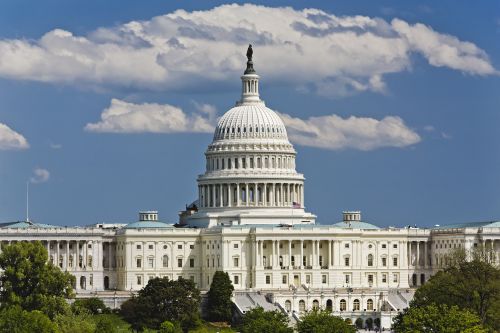WASHINGTON (BRAIN) — A proposed e-bike tax credit is not the only industry-friendly legislation being considered by Congress this year. A revamped Bicycle Commuter Act has been introduced in the U.S. House. It would ensure bike commuters get pre-tax commuter benefits similar to those who drive and park, or take public transportation to work.
In 2017, Congress eliminated a tax credit for bike commuters that had allowed employers to reimburse workers as much as $20 per month, pre-tax, for bike commuting expenses. Advocates and lawmakers have been trying to restore the benefit ever since.
Rep. Earl Blumenauer (D-Ore.) introduced the latest attempt in January. The Bicycle Commuter Act of 2021 (H.R. 384) would:
- Makes the benefit a pre-tax benefit — like parking and transit — rather than a reimbursement.
- Allows employees to receive a bicycle benefit of up to 30% of the parking benefit — currently equivalent to $81 a month, less than $1,000 a year, for bicycling.
- Allows the bicycle benefit to be used in concert with the transit and parking benefits.
- Adds bike-share as eligible for the benefit, clarifying that e-bikes are eligible.
The 2020 legislation is more generous than the Bicycle Commuter Act of 2019 (H.R. 1507), also sponsored by Blumenauer, which did not make it past the House Ways and Means Committee. Among other differences, the 2019 legislation would have capped reimbursable benefits at $54 a month, rather than $81.
"That's nearly $1,000 a year back in your pocket for biking to work, thanks to the strong coalition of support and advocacy from PeopleForBikes and our partners in Washington, D.C.," said Noa Banayan, PFB federal affairs manager.
Upon submitting the bill, Blumenauer's office released a statement touting communities across the country that have invested in improving bike infrastructure and developing bike-share networks.
"These investments are one of the reasons that rates of biking to work have increased by more than one-third since 2000. Still, however, only 0.51% of workers biked to work in 2019. The problem: incentives to drive to work but not to commute by bike," Blumenauer said.


